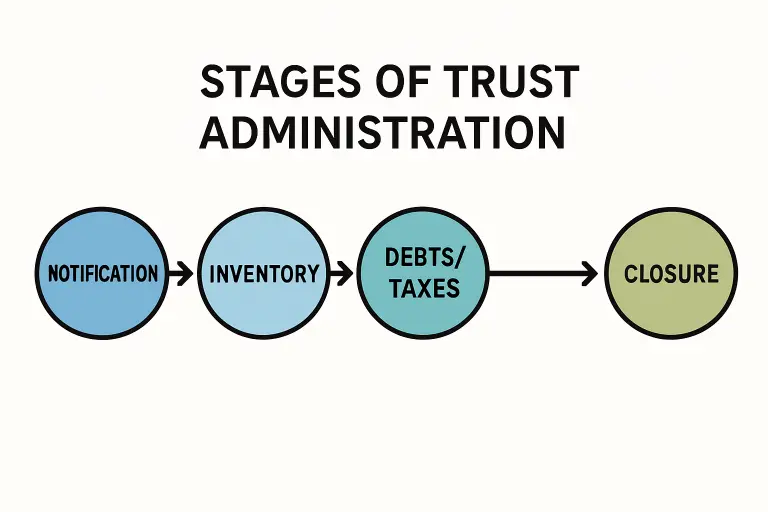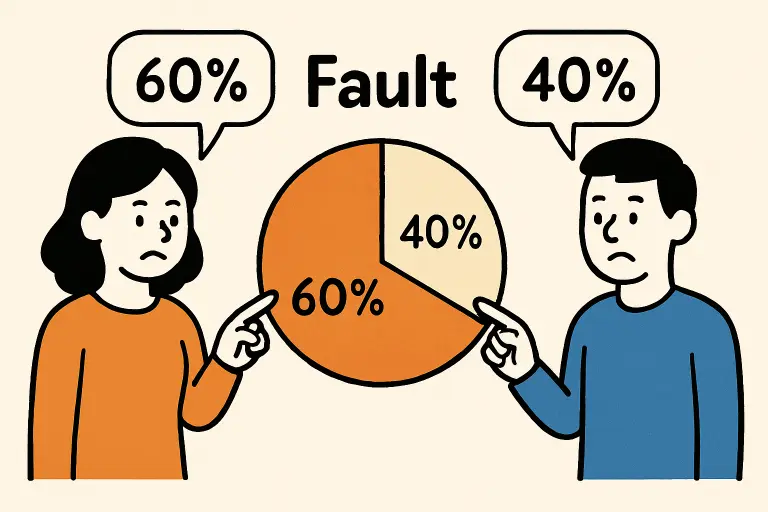While some see card games as mere entertainment, they offer surprising cognitive benefits. Games like Spades require a blend of strategy, memory, and quick thinking, refining the mind in enjoyable yet profound ways. Beyond the pure joy of gameplay, there’s much to gain from the shuffling of cards.
Key Takeaways:
- Strategic card games like Spades offer significant cognitive benefits, including enhanced memory, focus, and problem-solving abilities.
- Regular engagement with card games can contribute to emotional intelligence, patience, and adeptness in social interaction.
- Card games are enjoyable and reinforce skills transferable to many real-world situations, such as decision-making and strategic planning.
Table of Contents
Understanding the Cognitive Benefits of Card Games
Card games have long been celebrated for their entertaining value. Still, the cognitive benefits they offer are the real jackpot. Engaging in a game of Spades online serves as a social pastime. It fine-tunes mental faculties such as problem-solving and mental agility. These games exercise the brain, strengthen neural pathways, and help develop a keen sense of critical thinking. Through card games’ complex mechanics and unpredictable nature, individuals are encouraged to think independently and adapt to rapidly changing situations, enhancing their cognitive flexibility.
The Art of Strategy in Card Games
Strategic thinking is a critical component of card games and defines the difference between a novice and a seasoned player. Understanding the order of play, predicting opponents’ hands, and making calculated moves are essential tactics in Spades, further engaging the mind in a tactical battle. Whether in-person or during a heated session on the Cognitive Advantages of Playing Card Games, the strategic elements of these games significantly contribute to cognitive development. Advanced players are known for their ability to anticipate several moves ahead, much like a chess master, allowing them to control the game’s flow and outmaneuver their competitors.
Memory Enhancement Through Card Games
The constant requirement to remember which cards have been played and which remain can sharpen both short-term and long-term memory. As one delves deeper into card games, they unwittingly employ and enhance various memory techniques. By actively recalling past actions and strategizing future ones, players improve their memory recall and retention, potentially staving off cognitive decline as part of an active mental lifestyle.
Improving Concentration and Focus
Mastery in card games often comes down to the ability to concentrate. Every round of Spades demands sustained attention to detail, from tracking cards to interpreting opponents’ strategies. Concentration is as much a skill as a cognitive muscle; like any muscle, it strengthens with use. Players who regularly indulge in card games may find their ability to focus on tasks without succumbing to distractions significantly improved, resulting in better productivity and task completion in their day-to-day lives.
Patience and Emotional Regulation
Turn-based games like Spades require players to be patient and deliberate with their moves. Beyond the screen or table, these attributes translate well into managing real-life challenges. The emotional restraint and patience learned while waiting for the right moment to make a play can foster greater emotional intelligence in daily life. In high-stakes situations, a well-timed strategic decision can be the difference between success and failure, paralleling the tension and gratification found during a particularly strategic game of Spades.
Social Interaction and Communication
Spades are often played with partners, necessitating a level of verbal and non-verbal communication uncommon in solitary gameplay. This social component enhances interpersonal skills and teaches players the importance of clear communication and teamwork, skills that are invaluable in both professional and personal relationships. Teammates must synchronize their strategies, communicate intentions subtly, and support each other throughout the game, enhancing trust and camaraderie, which can be instrumental in any communal or cooperative endeavor.
Learning to Anticipate Opponents’ Moves
In the dance of a card game, the ability to predict opponents’ next move can be the deciding factor of a win or loss. This foresight can have far-reaching applications, from outmaneuvering competitors in business to understanding the needs of others in social settings. Predicting others’ actions requires keen observation and an understanding of behavioral patterns—skills that are sharpened with each card played and every hand dealt.
Decision Making Under Pressure
Card games can be a crucible for decision-making skills. Often, one must make choices swiftly and with imperfect information. This scenario mirrors many high-pressure situations encountered outside of the realm of gaming. Over time, players develop the ability to assess situations quickly, weigh the potential outcomes of their actions, and choose the path that maximizes their chances of success. This skill set is invaluable in professional environments where strategic planning and risk assessment are key to achieving objectives.
Applying Game Theory to Everyday Life
Game theory, which can be distilled from strategic card games, extends beyond the felt-topped tables. The principles of calculated risk-taking and probabilistic forecasting learned in games like Spades can be aptly applied to scenarios ranging from financial investments to diplomatic negotiations. Players often utilize game theory, sometimes unknowingly, to make informed decisions that involve multiple stakeholders and possible outcomes, preparing them for complex decision-making in other aspects of life.
Nurturing Mathematical and Analytical Skills
A solid grasp of mathematics and statistical probability often gives players an edge in card games. These analytical skills are not limited to games. Still, they are strongly tied to logical reasoning and decision-making in various disciplines. Analyzing patterns, calculating odds, and systematically approaching problems are just a few ways card games can nurture and refine these intellectual abilities. Additionally, the mathematical aspect of card games makes them an enjoyable way to engage with numerical concepts, potentially sparking an interest in math among younger players.
Lifelong Learning and Card Games
Card games are more than just leisure activities—they are a conduit for lifelong learning and mental acuity. As such, they should be embraced at all ages and stages of life for their ability to entertain and, more importantly, to stimulate and educate mentally. The cognitive benefits are clear, whether through a casual game among friends or a competitive bout of Spades online. In the playful dance of strategy, memory, and skill, our brains find a playground for growth and enrichment.































































































































































































































































































































































































































































































































































































































































































































































































































































































































































































































































































































































































































































0